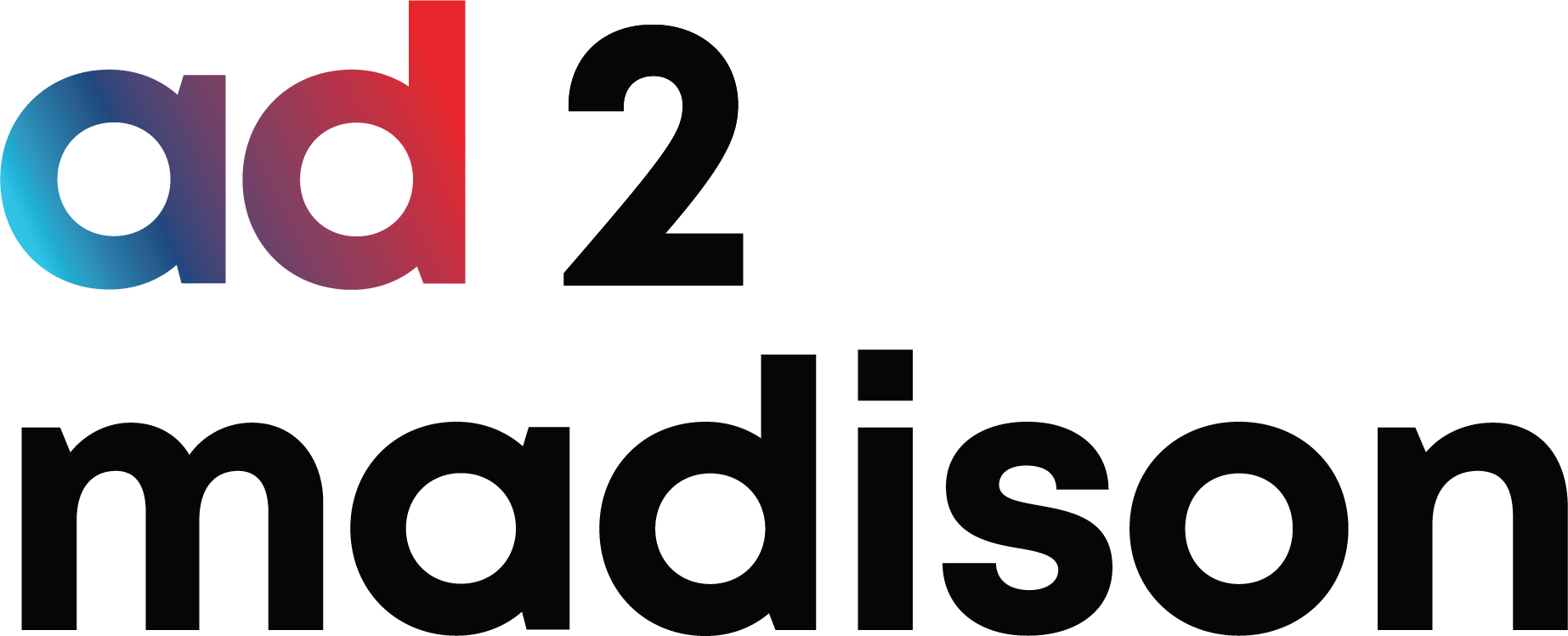What makes a resume stand out? The best place to look for advice is someone who has been in the marketing and communications field for more than a decade. It’s why we asked April Eichmeier to write a guest blog on her best resume tips and tricks. April is currently a Ph.D. Candidate in the Life Sciences Communication Department at the University of Wisconsin-Madison. For more than a decade prior to graduate school, she was a communications and marketing professional.
Most people see resume writing as a chore, especially since few people are comfortable talking about their accomplishments. But it need not be a terrible task. Here are my top tips for common challenges.
Tip #1: Results Not Tasks
Potential employers want to hear about what you’ve done for your other employers because it shows how you can help them. Here are examples of the same task, but the second sentence goes further and focuses on the result of the task:
- Made daily updates to the website
- Made daily updates to the website helping to ensure that the latest company information was always available for clients and potential clients
The second sentence answers the question, “so what?” So what if you update the website?
Tip #2: Tasked (If Not Resulted)

April Eichmeier. Photo by Michael P. King/UW-Madison CALS
Early career professionals may not have many results, but if your manager asked you to take on a unique or special task, or if it was something that had never been done before, mention it. Here is an example:
- Wrote a marketing plan for company’s product
- Tasked with writing marketing plan company’s product
- Tasked with writing marketing plan for company’s product, which had not previously been written
- Tasked with writing marketing plan for Company XYZ’s product, which had never before been written, and praised by management for perseverance completing it
The second, third, and fourth sentences improve upon the first because it shows that you were trusted to do something. The last sentence showed that you were tasked and praised for it by management, which is even better than being tasked. A word of caution: don’t use this section to list everything you do. Keep to the relevant, important tasks.
Tip #3: Sometimes, It Is Just a Task
Not everything needs to show results, accolades, or numbers. The point is to do so when it makes sense.
Tip #4: Would Your Supervisors Agree?
Once you have a draft, ask yourself two questions: “Would my current supervisor agree with these statements?” and “Would any of my past supervisors agree with these statements?” If you can’t answer a confident yes to both of these questions, revisit what you’ve written until you can. There is nothing more important than presenting an honest representation of your work; honesty and positivity about your skills and accomplishments are indicators of a resume well done.
Connect with April on her on LinkedIn or on Twitter @aaeichmeier.

